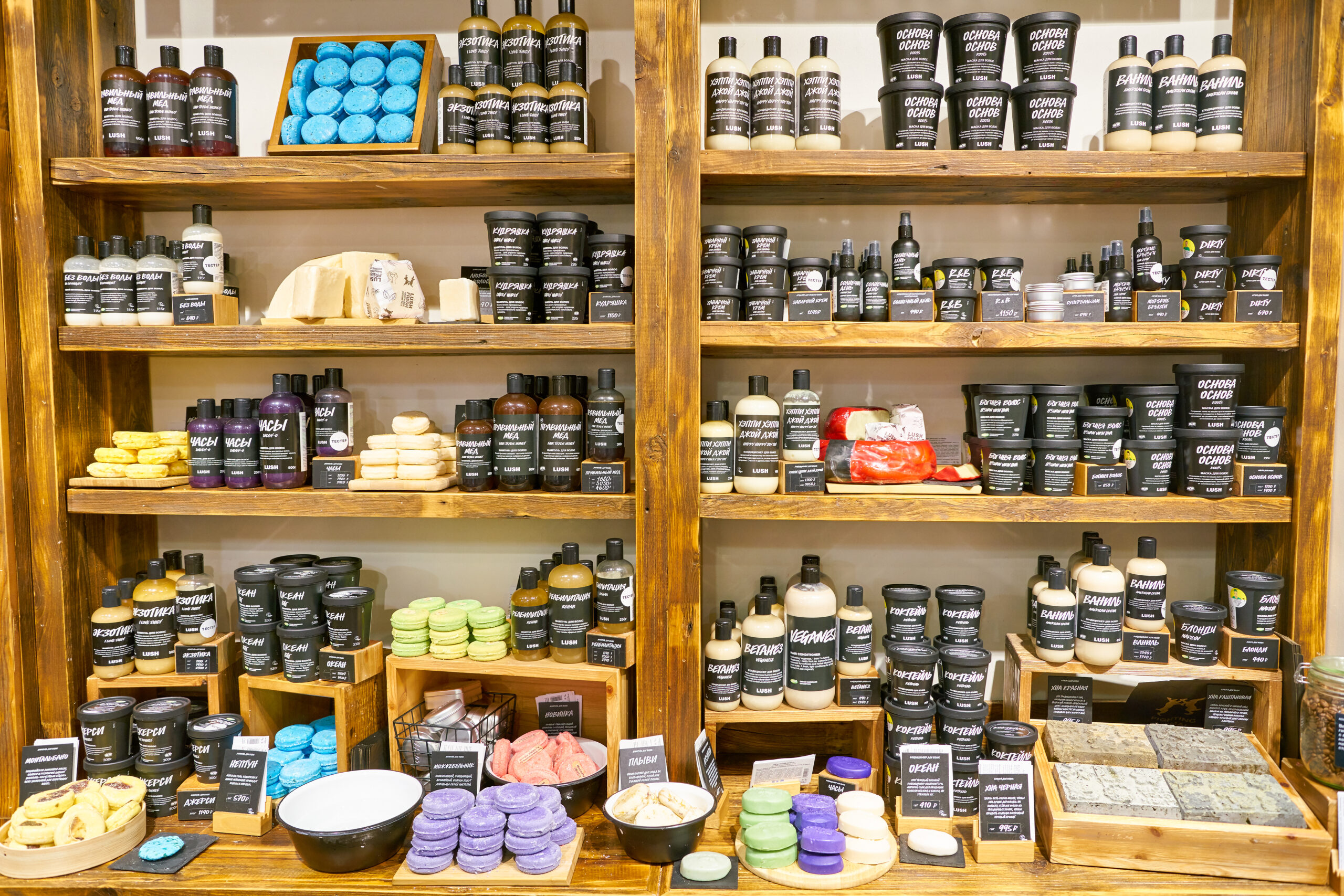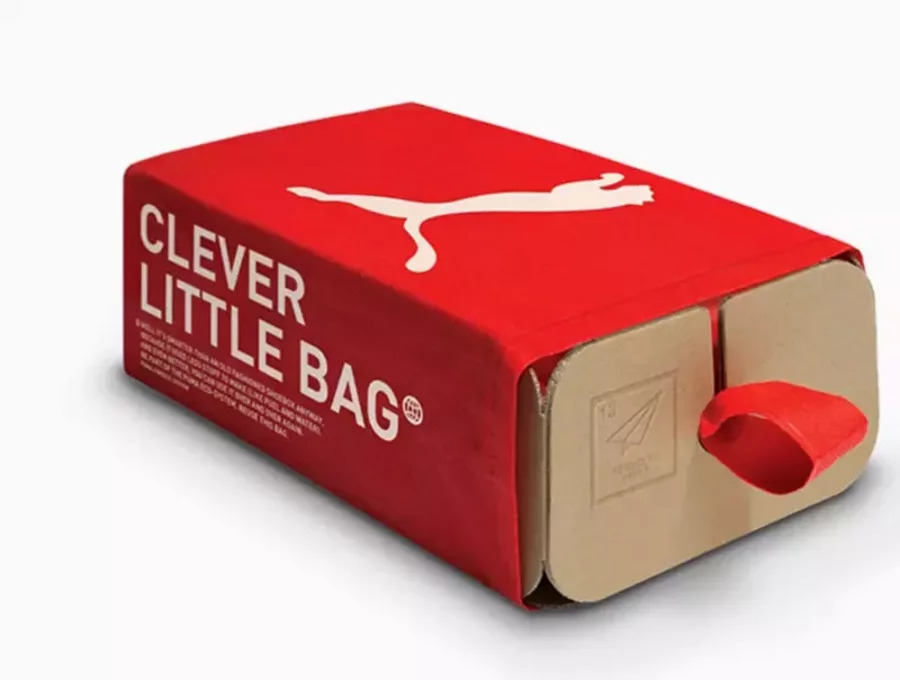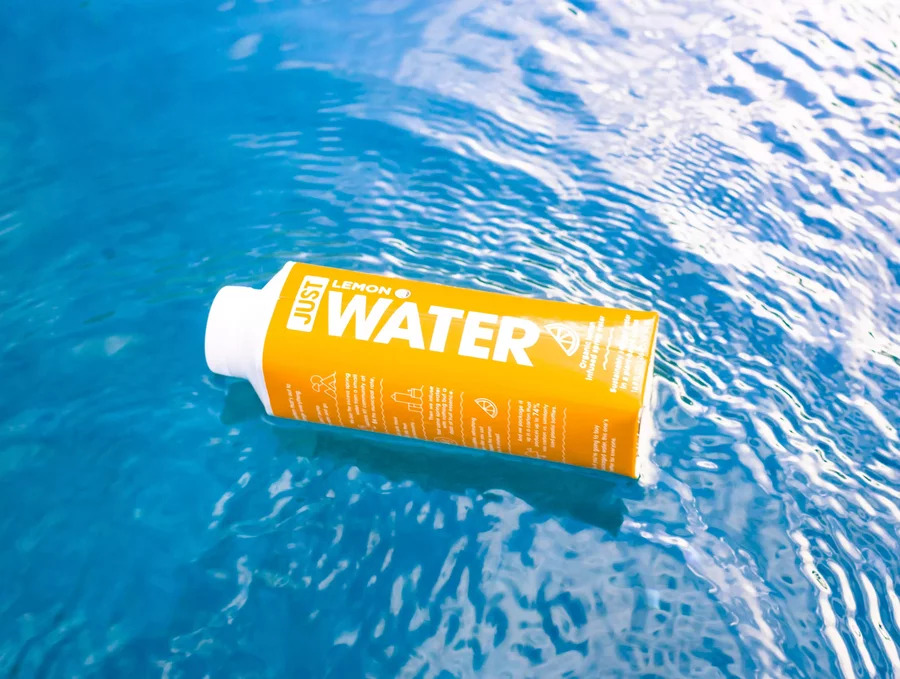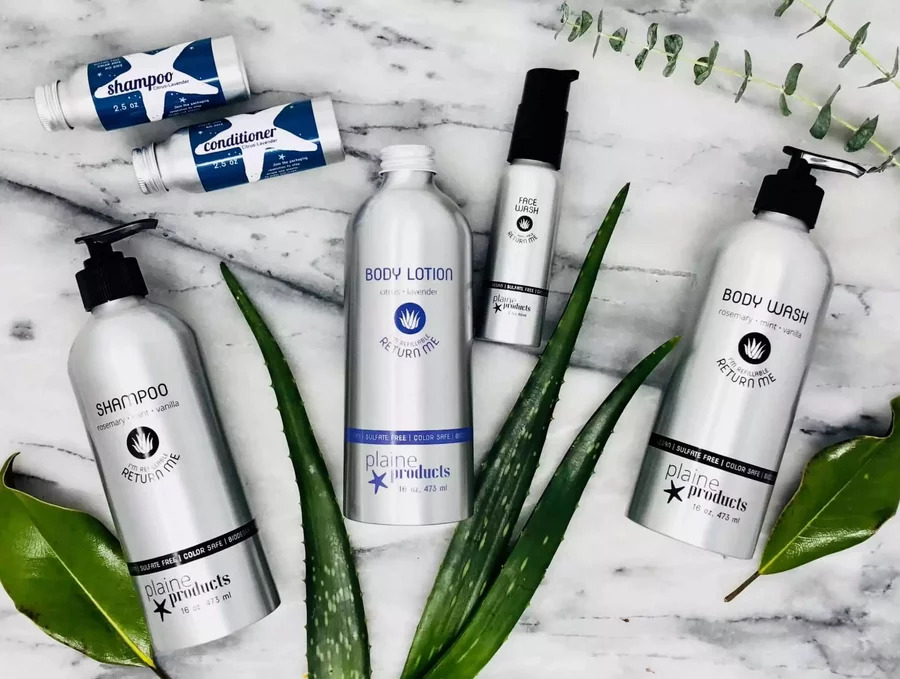In recent years, the global conversation surrounding sustainability has grown increasingly urgent as the need for responsible environmental stewardship becomes ever more apparent.
One area where this shift is particularly evident is in the realm of packaging. Sustainable packaging not only addresses these concerns but also aligns with corporate social responsibility goals, enhancing brand reputation and customer loyalty.
As consumers become more conscious of the environmental impact of their purchasing decisions, companies are under increasing pressure to adopt sustainable practices throughout their operations, including in the way they package their products.
From reducing plastic waste to embracing biodegradable materials, businesses across industries are recognising the importance of sustainable packaging, not only for the planet but also for their bottom line and brand reputation.
Packaging constitutes a significant portion of waste deposited in landfills, with a predominant share being composed of non-recyclable or non-compostable plastic bags and packaging materials. Take a look at eight global companies that are transitioning their packaging practices to minimise their environmental impact.
Read more: Sustainability Initiatives in the FMCG Industry
From groundbreaking material advancements to revolutionary design concepts, these industry leaders are reshaping the sustainable packaging landscape and redefining what it means to be eco-conscious.
1. Lush

In contrast to many companies, Lush endeavours to minimise the necessity for packaging whenever possible. The brand offers products like shampoo, conditioner, and bubble bath in bar forms to eliminate packaging altogether.
For items that do require packaging, Lush ensures that 90% of it is crafted from recycled materials and is recyclable or compostable. Although the black pots (Lush’s product packaging) provided by Lush may not be recyclable everywhere, customers can return them to stores for reuse, further enhancing the company’s commitment to sustainability.
2. Samsung
Samsung is innovatively repurposing its packaging materials, offering customers the option to transform their packaging into various useful items upon purchasing a Samsung product.

For instance, when buying a QLED television, customers can opt to repurpose the packaging box into a range of items such as a cat tunnel, bookshelf, desk shelf, storage box, TV console, magazine rack, cat house, smartphone or tablet stand, and even pet stairs. This approach not only promotes recycling but also streamlines the reuse process, bypassing the lengthy recycling procedure.
3. Puma
Puma has introduced a novel shoe box design that serves a dual purpose as a bag, thereby eliminating the necessity for an additional bag when making a purchase.

Plastic bags are a significant contributor to landfills and environmental pollution. As such, this innovative approach aligns with Puma’s commitment to decreasing their water usage, carbon emissions, and waste as part of their sustainability goals.
4. Calvin Klein
The latest Calvin Klein packaging includes recycling information and detailed instructions, developed in collaboration with How2Recycle. These instructions comprehensively outline how every component of the packaging can be recycled.
Altogether, this initiative aims to empower customers to properly dispose of their waste, thereby contributing to less landfill waste.
5. ASOS
ASOS has significantly reduced its own packaging by 40% since 2019, primarily by adopting appropriately sized packaging for its products. This simple adjustment has led to a remarkable 27% reduction in the carbon footprint of their mail bags.
Additionally, the brand has eliminated 25 million tags from its own clothing lines. Showcasing further commitment to sustainable packaging practices, the company has ceased producing return slips and shifted all their return processes online.
6. JUST Water

The production and disposal of plastic water bottles have a significant impact on the environment and contribute to carbon emissions. In the UK, a staggering 38.5 million bottles are discarded every day, with over half failing to be recycled.
To address this issue, actor Jaden Smith created JUST Water, offering water packaged in paper boxes and aluminium bottles. These non-plastic alternatives significantly mitigate the environmental impact, providing a more sustainable choice for consumers.
7. Pangea
Pangea, a beauty company specialising in face care, body care, and lip care products, is dedicated to sustainability within the beauty industry. Their packaging solution involves the use of Sugarcane Bio-resin, making them a global pioneer in adopting this alternative material.
This transition not only diminishes the reliance on raw materials, but also ensures that the packaging is recyclable, compostable, and contributes to a reduction in carbon footprint.
8. Plaine
Plaine takes aim at the prevalent issue of single-use plastic packaging in the bathroom, particularly with products like shampoo and face wash. Instead of contributing to landfill waste, Plaine offers their products in reusable aluminium containers.

Customers have the option to return these containers after use for recycling or refilling. Unlike traditional plastic bottles, these aluminium containers are 100% recyclable, representing a sustainable solution to combat plastic pollution.
Every company’s adoption of sustainable packaging represents a crucial step towards environmental responsibility and long-term viability. Through innovative design, material sourcing, and consumer education, businesses can mitigate their ecological footprint while meeting the growing demand for eco-conscious products.
As we move forward, companies must continue to invest in sustainable packaging practices to meet regulatory requirements, align with evolving consumer values, and contribute positively to the health of our planet.
By prioritising sustainability, these businesses will not only enhance their brand reputation, but play a significant role in shaping a greener, more sustainable future for generations to come.


